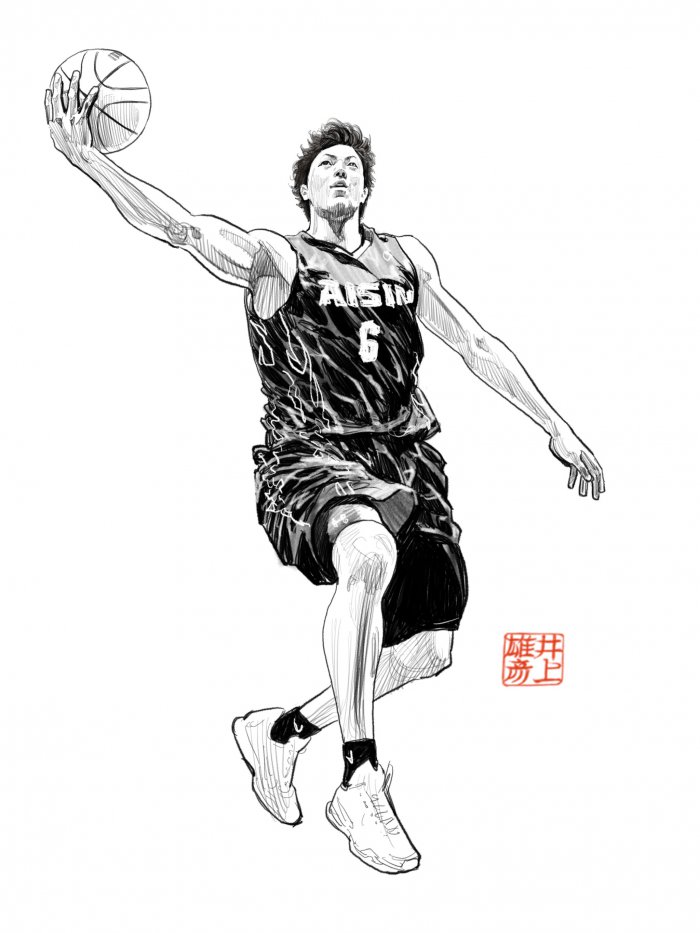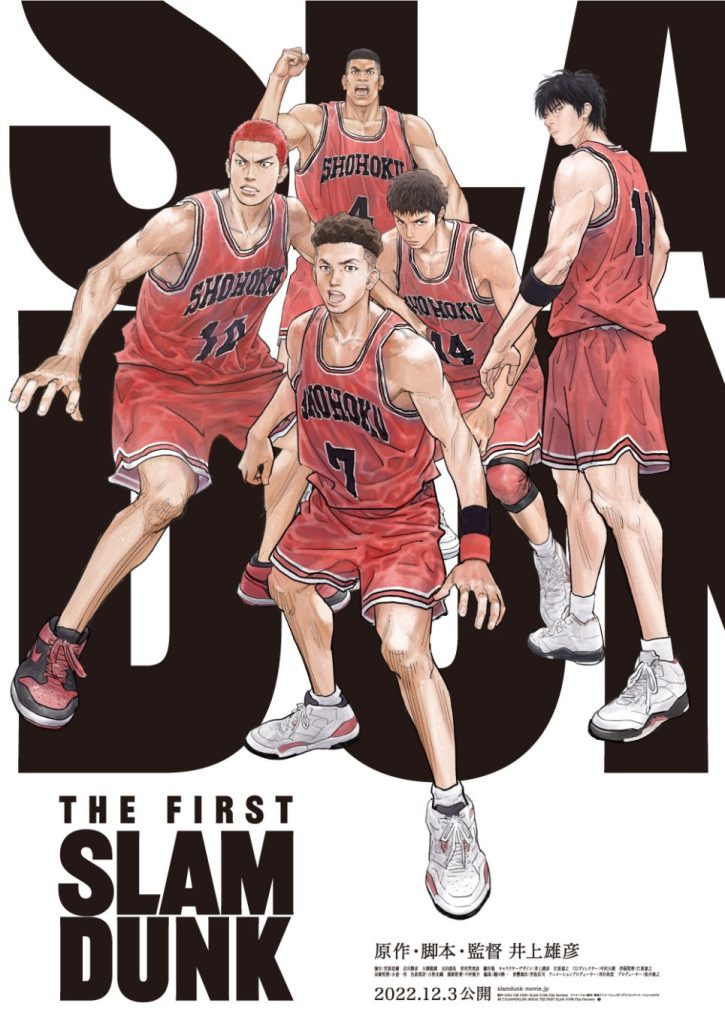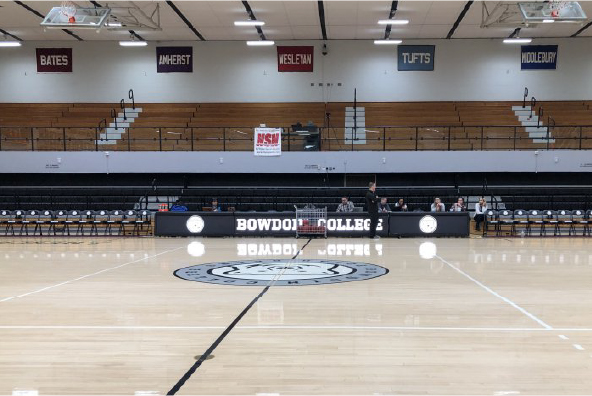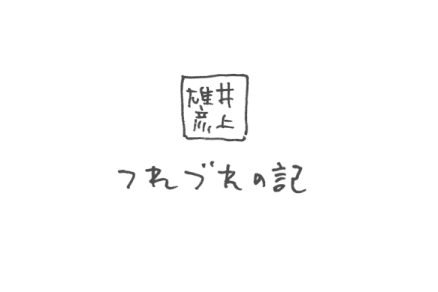
Japan’s “Ace”
I intervied Makoto Hieijima, a guard for the SeaHorses Mikawa.
(The interview can be found here → http://www.asahi.com/articles/ASJ92355TJ92UTQP00J.html)
I was a little shocked. Hiejima, who is viewed as the ace of the Japanese National Team did not come across like an “ace”, even more so than I imagined.
He has a natural talent for finding the holes in the opponents’ defense. The opponents he matches up against probably find him hard to defend and hate to face him. In the final qualifying tournament for the Rio Olympics, he was about the only player from the Japanese team who was able to handle playing 1-on-1.
I wonder if he also wasn’t the hardest one to interview as well. He didn’t present any inspiring quotes that would make a good article. He was so different from his on-court demeanor. While he still displays a reserved manner on the court, nobody can stop him there, especially when he switches it on. He is peerless, like something out of a comic.
And yet. He honestly can’t hide his shortcomings and failures. He talks frankly about the fact that his confidence hasn’t fully recovered from being destroyed during the final Olympic qualifying tournament. He doesn’t hide his weaknesses and try to make himself look bigger and better like many athletes are prone to do. In fact, he he tries to diminish himself, like he only wants to hide. I was surprised at the existence of such an ace on the National Team.
He isn’t even comfortable with being called an ace. It feels like he is grudingly accepting of the title only after being repeatedly told that he should recognize himself.
He talks about enjoying his time playing with Yuta Tabuse and the twins Kosuke and Joji Takeuchi on the National Team. He credits them for him being able to relax and play freely. He wants to learn from Tabuse’s leadership — how he supported the whole team and how everything he did was for the team. He says that he needs to do that as he accumulates more experience in the future. He says that 2020 will belong to the talented stars of the next generation, Yuta Watanabe and Rui Hachimura. … but, what about himself? In 4 years he will be 29-30 years old. Isn’t that the prime age for an athlete? Is he alreadying thinking of passing on the mantle? It’s because he really doesn’t want to step into the spotlight.
It’s interesting. Is it that gap that makes Makoto Hiejima enjoyable? During the interview, he would be struggling for a response, eventually forcing out uncertain answers. I was so fascinated by this that I was at a loss for words. This side of Hiejima may feel unsatisfying for some people. They are probably looking for him to accept that he is an ace and to act like one. Even I shared some of those feelings before the interview, but I now have a new perspective. A bit before the interview, I had noticed some things while watching a SeaHorses game that I was planning to bring up during it, but I decided not to. What I had wanted to tell him was that he looks down a lot during games, which is not positive body language for those watching. But I think that may be the way his type of personality concentrates. Given that he can’t be beat by anyone on the court, the gap with his off court personality is fascinating. I don’t know what his coaches are telling him…
I’d like to talk to him again after the league has developed and the focus on the players becomes magnitudes greater than it is now. This interview may become a valuable display of Hiejima’s personality before he becomes armored in words.
But perhaps, even then, he will be stuck trying to answer questions. On top of that, he will probably still say that he is uncomfortable with the title of ace. But despite what he says, it already isn’t hard to imagine him battling the world’s strongest players as Japan’s universally acclaimed Ace.
Takehiko Inoue
2016.09.21

Recent Post







